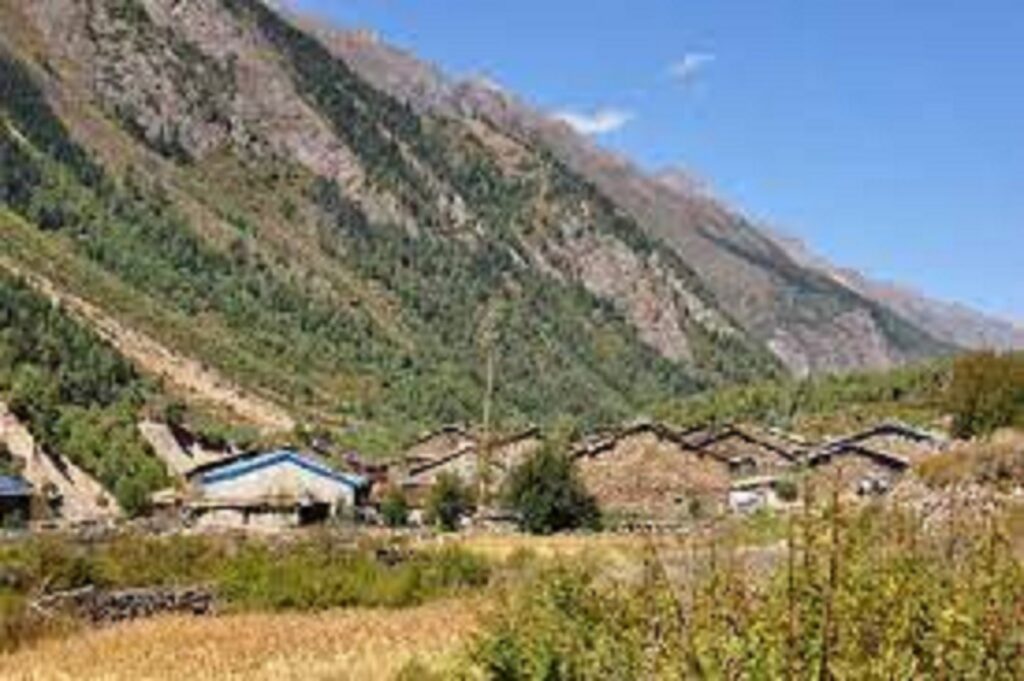The impact of climate change on global ecosystems is undeniable, and India stands at the forefront of experiencing its ramifications. From erratic monsoons to extreme weather events, the country’s tourism sector is facing unprecedented challenges.
Rising Temperatures and Extreme Weather
A report by the Centre for Science and Environment revealed that India witnessed nearly daily extreme weather events in 2023, resulting in significant loss of life. Rising temperatures, especially in cities like Delhi and Mumbai, are reshaping travel patterns, making destinations vulnerable to heatwaves and other climatic anomalies.
The Toll on Tourist Hotspots
Historically favored tourist destinations like Kerala have borne the brunt of climate-related disasters, such as the devastating floods in 2018, leading to substantial economic losses. Coastal regions, another tourist magnet, face threats from rising sea levels and intensified cyclones, jeopardizing infrastructure and future viability.
Impact on Traditional Tourism
Northern Indian states, known for their winter sports and summer retreats, face a dual threat from diminishing snowfalls and rising temperatures, affecting tourism revenue and local economies. The decline in snowfall days in regions like Gulmarg and Auli has hit skiing tourism hard, signaling an urgent need for adaptation strategies.
Policy Imperatives
The need for stringent policymaking to mitigate climate risks in the tourism sector cannot be overstated. Drawing inspiration from global models like Costa Rica’s sustainable tourism certification and Bhutan’s “high value, low volume” policy, India must tailor its approach to ensure sustainable growth.
Technology and Innovation
Harnessing technology for better resource management, investing in resilient infrastructure, and promoting off-season tourism can alleviate environmental strain during peak seasons. Aligning with global and national sustainability goals is imperative to lower carbon footprints and promote eco-friendly practices.
As climate change reshapes India’s tourism landscape, policymakers face the crucial task of enacting robust sustainable tourism policies. Balancing ecological integrity with economic development is essential for ensuring the long-term sustainability of one of the world’s most vibrant tourist destinations.

